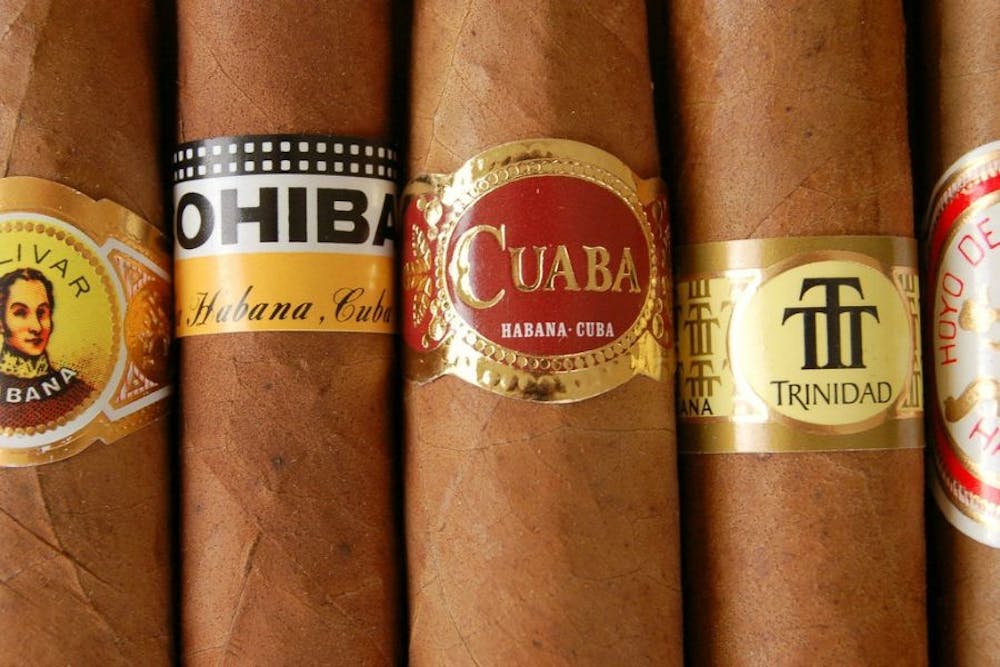By Emily Tate, Managing Editor
When President Obama announced plans in December to normalize diplomatic relations with Cuba, half the world celebrated and the other half began to panic.
Cuba, a culturally rich and lively Caribbean island, would soon be exposed to droves of American tourists and, subsequently, the pressure to Americanize.
For Canadians and Europeans, who have historically accounted for the majority of Cuba's tourists, this is bad news. Cuba has been a temple of cigars, rum and beautiful beaches for hundreds of years, with vibrant music, dancing and life. But with American influence on the horizon, Cuba's uniqueness may be in jeopardy.
As a result, many Europeans are rushing to visit the island before the United States opens travel to Cuba. Will Grant of the BBC recently reported that, "There is a palpable sense of urgency among some European and Canadian tourists to try and experience Cuba 'before the Americans arrive.'"
And who could blame them? The United States has infiltrated almost every corner of the Caribbean and, in the process, stripped the countries of their identities.
In an effort to cater to Americans and American culture, islands like Aruba, Jamaica and the Dominican Republic have traded authenticity for financial gain, and individuality for marketable merchandise.
Jamaica, for one, has capitalized off its reputation of saying "mon" at the end of every sentence, offering marijuana at every street corner and selling exclusively Rastafarian-colored (red, yellow and green) products - sacrificing its true self in the name of tourism.
And that's the fear for Cuba - that the same pressure, the same mentality and the same justification will ultimately turn it into "another Caribbean island."
All evidence supports that concern, too. Last year and in the years prior, Cuba has continually exceeded its record for tourists. In 2014, it accommodated an unprecedented 3 million visitors, and in the first quarter of 2015, it had already seen a drastic influx, recording 1.14 million tourists between January and March. This indicates a 14.2 percent growth in tourism, according to the Cuban National Office of Statistics.
In recent years, Cuba has averaged about 600,000 American visitors annually, many of whom have been Cuban Americans returning to visit family.
However, according to the International Monetary Fund, Cuba is now preparing for as many as 10 million American tourists in the first year of open travel - vastly more tourists than the island has hosted in a given year, not to mention the other visiting nationalities.
American businesses are preparing for this flood of outgoing travel. Delta Airlines, Carnival Cruise Lines, AirBnB (a website that provides rentable lodging) and MasterCard are only a few of the companies gearing up to go to Cuba, once travel becomes legal.
And this streamlined access to Cuba could mean a loss in tourist traffic in other Caribbean countries, hurting tourism-based economies like the Dominican Republic.
This will in turn put pressure on Caribbean countries to up the ante - higher quality facilities, better infrastructure, upgraded technology, lower prices. The impact of those pressures is unclear, but chances are it will further degrade the islands' already-compromised cultures.
But a spokesperson for at least one Caribbean country is not concerned about American tourism in Cuba. Allen Chastanet, who served as Saint Lucia's Minister for Tourism from 2006-11, sees it as an opportunity to spawn growth throughout all of the Caribbean.
"Cuba can bring more attention back to the Caribbean and make the Caribbean the darling of the world again and hopefully, maybe the entire Caribbean region can grow," Chastanet told Telesur in April.
But unfortunately, "growth" in the Caribbean is little more than a euphemism for increased tourism, and again, increased tourism is a direct channel to diminishing Caribbean culture and individuality.
For some islands, the damage has already been done, but for Cuba, whose identity remains intact, it still has much to lose.
Travel to Cuba will open, Americans will flood the island and the country will respond accordingly, but, with any luck, Cuba will avoid becoming yet another anonymous, nondescript Caribbean island.

